This weekend saw the 40th running of Grandma’s Marathon.
In a city used to 70 being really, really hot, the weather was almost too warm this weekend for the 40th running of Grandma’s marathon.
The Duluth News Tribune reported on conditions:
Grandma’s uses the American College of Sports Medicine’s color-coded flag system. Both Saturday’s half-marathon at 6:15 a.m. and the full at 7:45 started with green flags, or low-risk. Those gave way to yellow (moderate), then red (high) and, starting at 11:30, black (extremely high). They are determined by the WetBulb Globe Temperature, which takes into account a combination of factors, including humidity, ambient temperature and radiant temperature, according to Ben Nelson, Grandma’s medical director.
Consequently, Nelson and the medical tent saw an increase in heat-related illness. They treated 369 people Saturday, up from a six-year low of 184 in 2015.

Photo by Clint Austin from the Duluth News Tribune
With all the tragedy and bad news it is difficult sometimes to find reasons to smile and laugh, an important part of living a wellness lifestyle. According to an article in the Huffington Post, “Laughter matters. It brings you back down to earth in heated moments, strengthens social bonds and calms your nervous system. Research suggests that laughter may even strengthen your immune system.” The reasons to cultivate happy thoughts are myriad. Here are some smile starters.
Here are some amazing statistics about Grandma’s Marathon 2016:
7,751 runners started the full marathon, 7,521 runners finished.
7,920 runners started the Gary Bjorklund half marathon, 7,919 runners finished.
Around 5,000+ volunteers kept the runner hydrated, healthy, and fed.
Around 60 to 70,000 people were connected to the Marathon this weekend. Duluth has a population the rest of the year of around 86,000.
These stats for the half marathon are amazing. All but 1 runner was able to finish the race – all 13.1 or so miles. Other races included The Whipper Snapper, and The William K. Irvin 5K.
Here are some photos, courtesy of Grandma’s Marathon’s 2016 website and Facebook page to help that smile along. Thanks, Kate, for permission to share them with our readers.
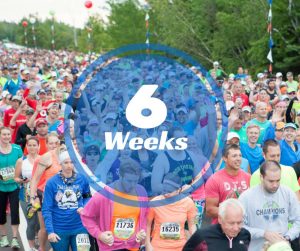 Are you training? |
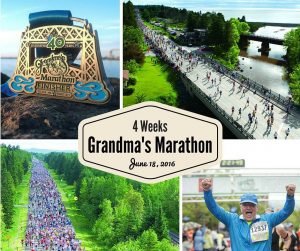 Weekly “Ready, Get Set” emails. |
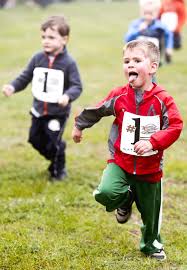 Running hard. |
 Kids love to run |

And they’re off
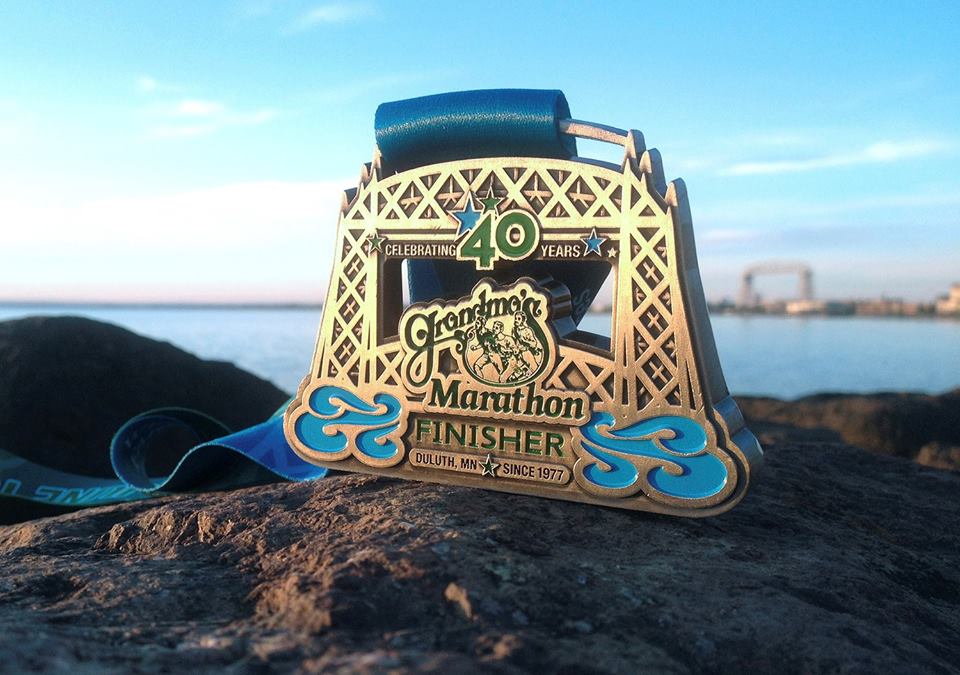
40th Anniversary Finishers’ Medal

Runner’s in downtown Duluth…almost at the finish.

Coming in to the finish line

Finally…the finish line. First Place Women’s 2016
|
|
 |
Remember the importance of laughter and of exercise. I’d like to say that I’ve run the full or the half marathon, the 5K, the Whippersnapers, or even the Fun Run, but I haven’t. I have, however, lustily cheered family members as they did. I’ll stick with walking the dogs and do lots of laughing.






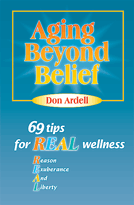
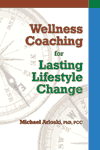 INSPIRING, INSTRUCTIVE, INDISPENSIBLE
INSPIRING, INSTRUCTIVE, INDISPENSIBLE